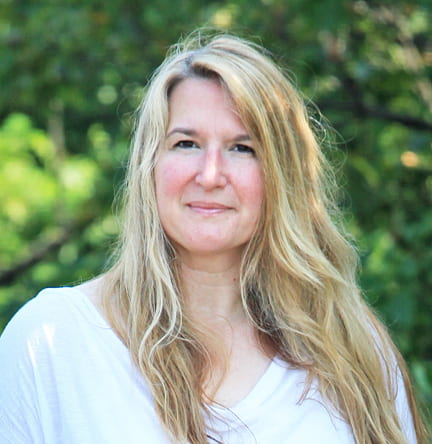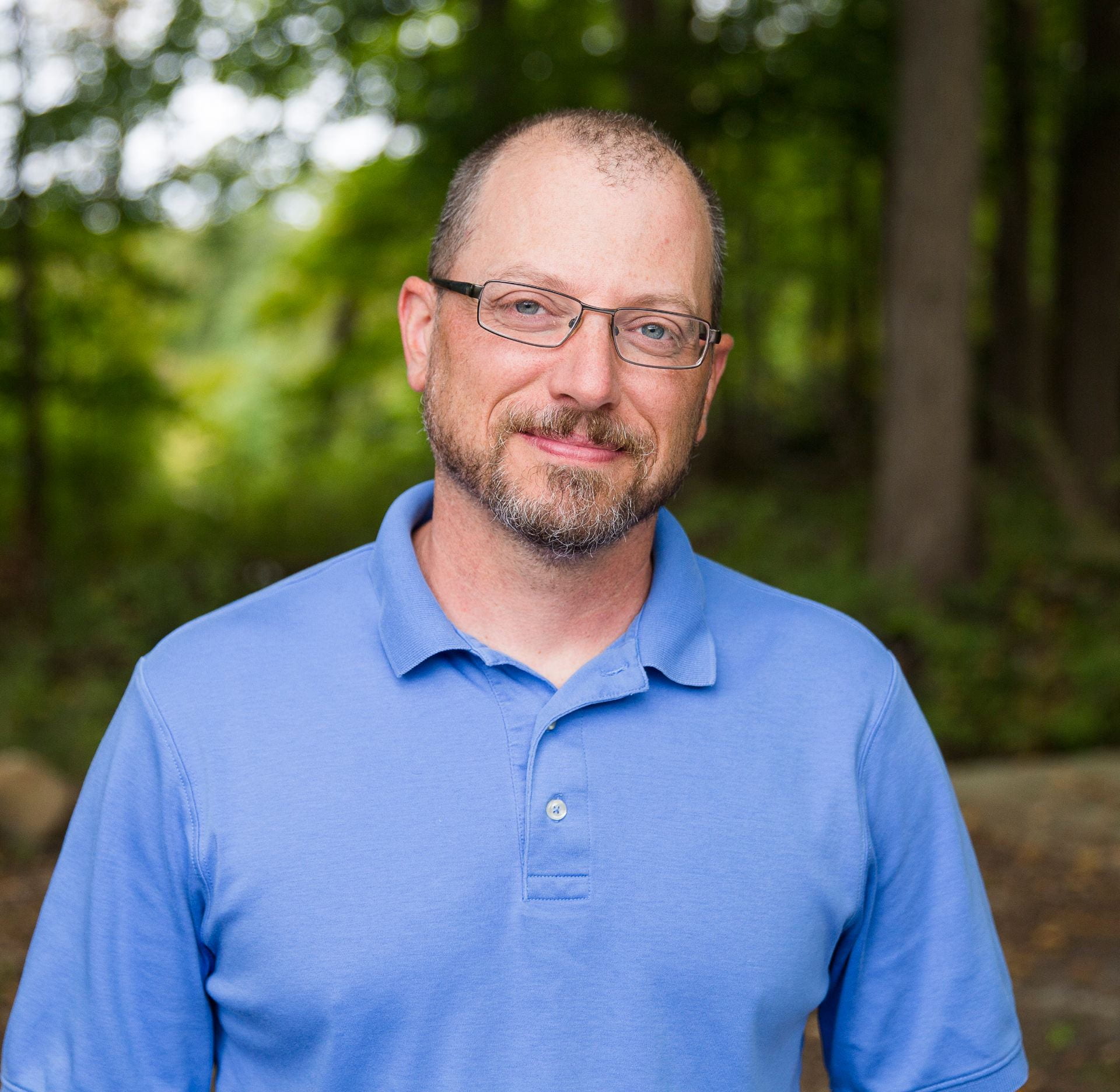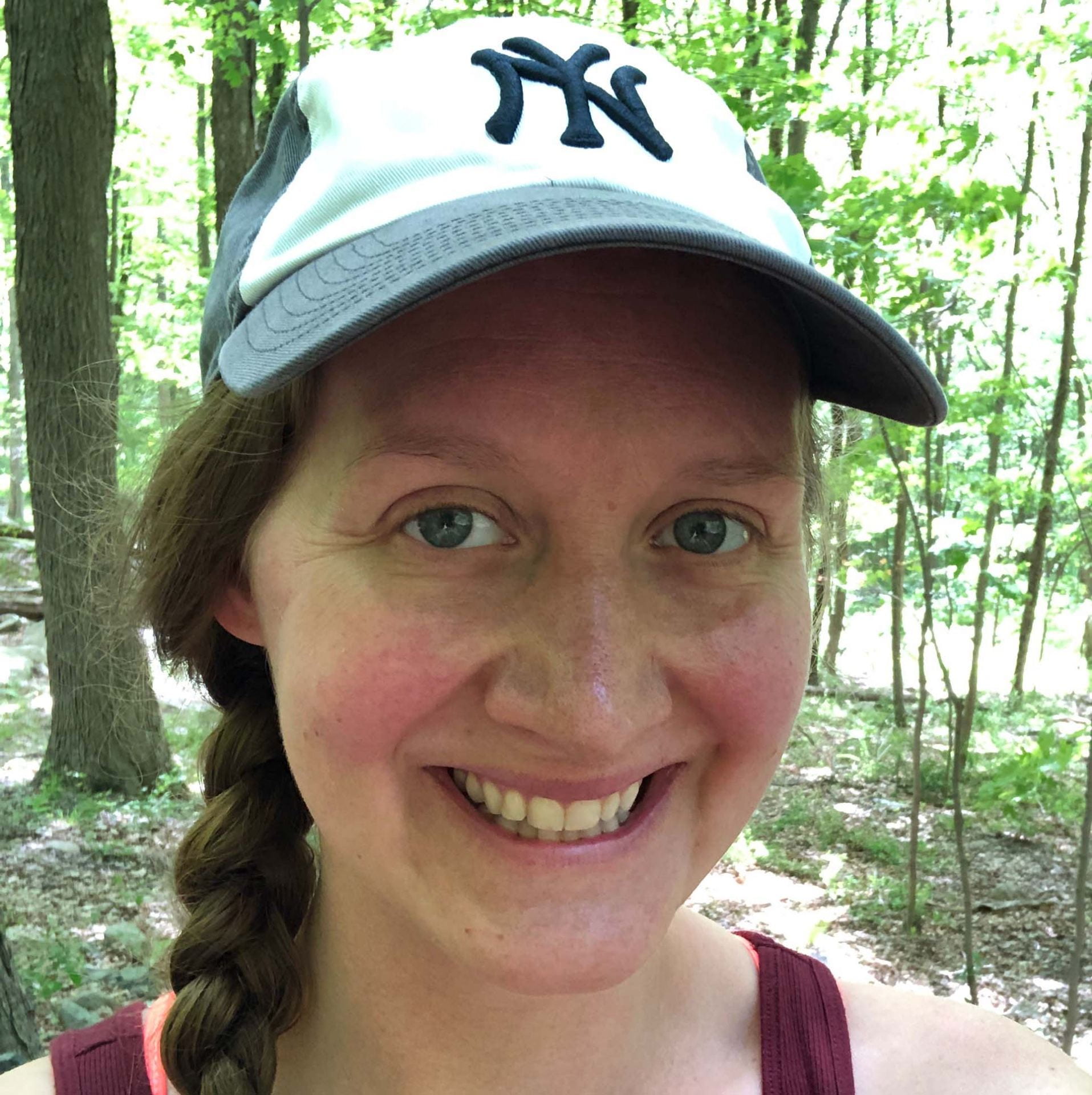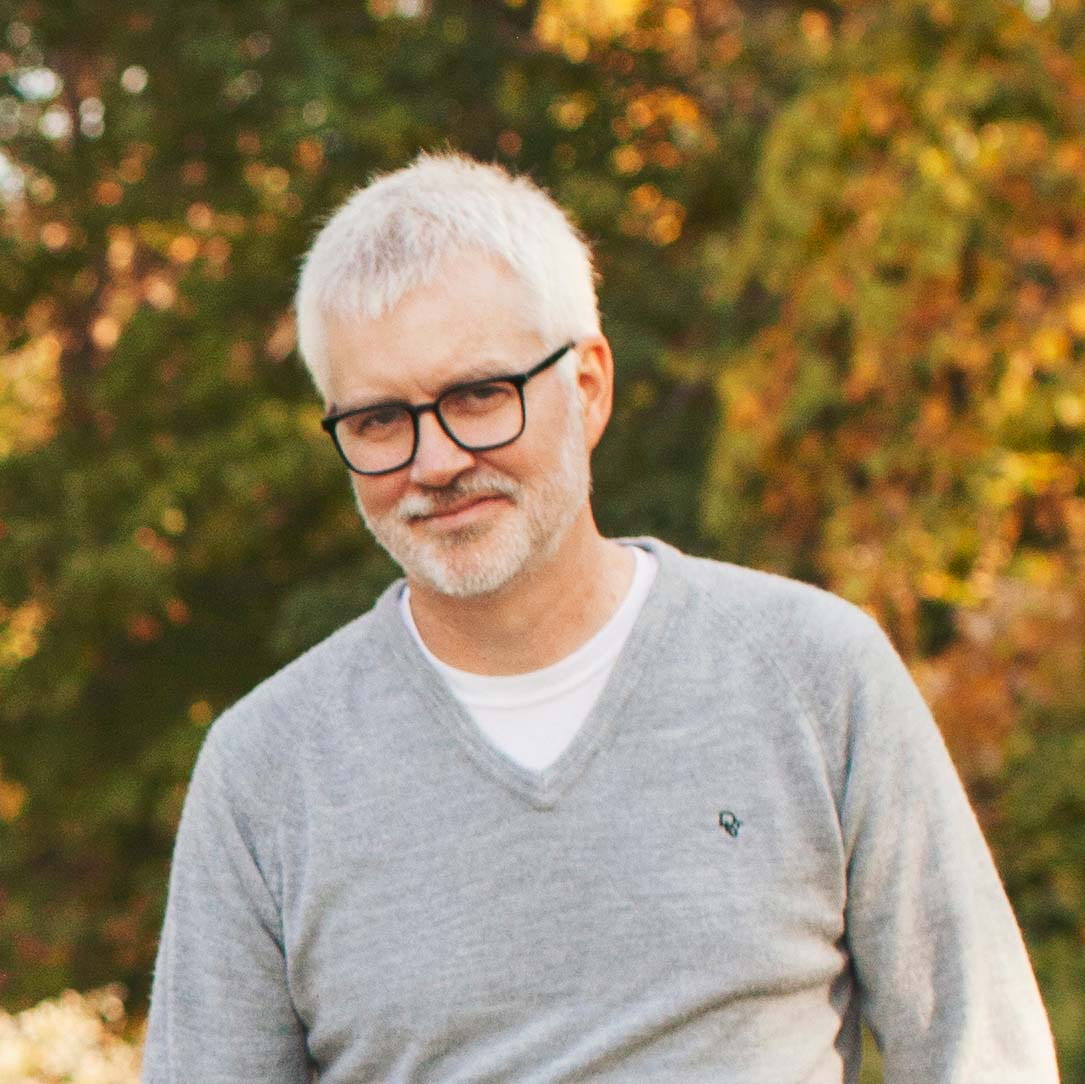Want to work with us?
Follow these steps:
1.
Attend a Meeting
Prior to submitting your RFP, attend SBCC’s monthly meeting to give a brief explanation of your proposal.
Email Sam Miller at smiller3@pace.edu to be added to the agenda.
2.
Find a Co-Sponsor
While attending this meeting, ask one of our directors to serve as a co-sponsor for your proposal. This person will help ensure your proposal fits SBCC’s strategic plan and will act as your contact throughout the project.
3.
Submit your RFP
Click the button to submit your proposal.
4.
Wait for Approval/Next Steps
SBCC’s team will discuss all RFP’s and will follow up with any questions and next steps.
ABOUT SBCC
Our Vision
To ensure a well-informed community committed to the protection of the human and natural resources on which we all depend.
Our Mission
Our mission is to provide teaching, training, and research that mobilizes the resources of Pace University to advance environmental knowledge, ecosystem protection, wildlife conservation, and smart decision-making in the Lower Hudson Valley and New York City region, with an emphasis on the just development of healthy and diverse communities.
We achieve this through:
1. Supporting applied research in environmental stewardship, wildlife conservation, and natural resources policy in urban and suburban areas.
2. Providing experiential and place-based educational opportunities for students of all backgrounds, degrees, and academic levels.
3. Fostering collaboration with external partners through training and leadership.
Our Resources
The Conservation Center consists of both physical and intellectual resources. While the physical resources are currently concentrated on the Pleasantville campus, the intellectual resources are located on both campuses.
Physical Resources
- Environmental laboratories at Pleasantville and NYC
- Environmental Classroom (seating for 30)
- Outdoor pavilion (reserve via 25Live)
- Organic gardens at Pleasantville and NYC
- Native Plant Propagation field
- Research Barn
- 40-acre forest
- Conservation Center Pond
- Pollinator gardens
- Cheever Nature trail
- Pace FIT Trail
Intellectual Resources
Faculty expertise in plant ecology, wildlife, ecosystems, water quality, climate change, environmental justice, environmental policy, sustainability, sustainable agriculture, geographic information systems (GIS), and statistics.
Connections to and collaborations with myriad environmental organizations throughout the Hudson Valley and NY metropolitan areas. These relationships can provide opportunities for course projects, research, community service, and internships.
Our Staff





